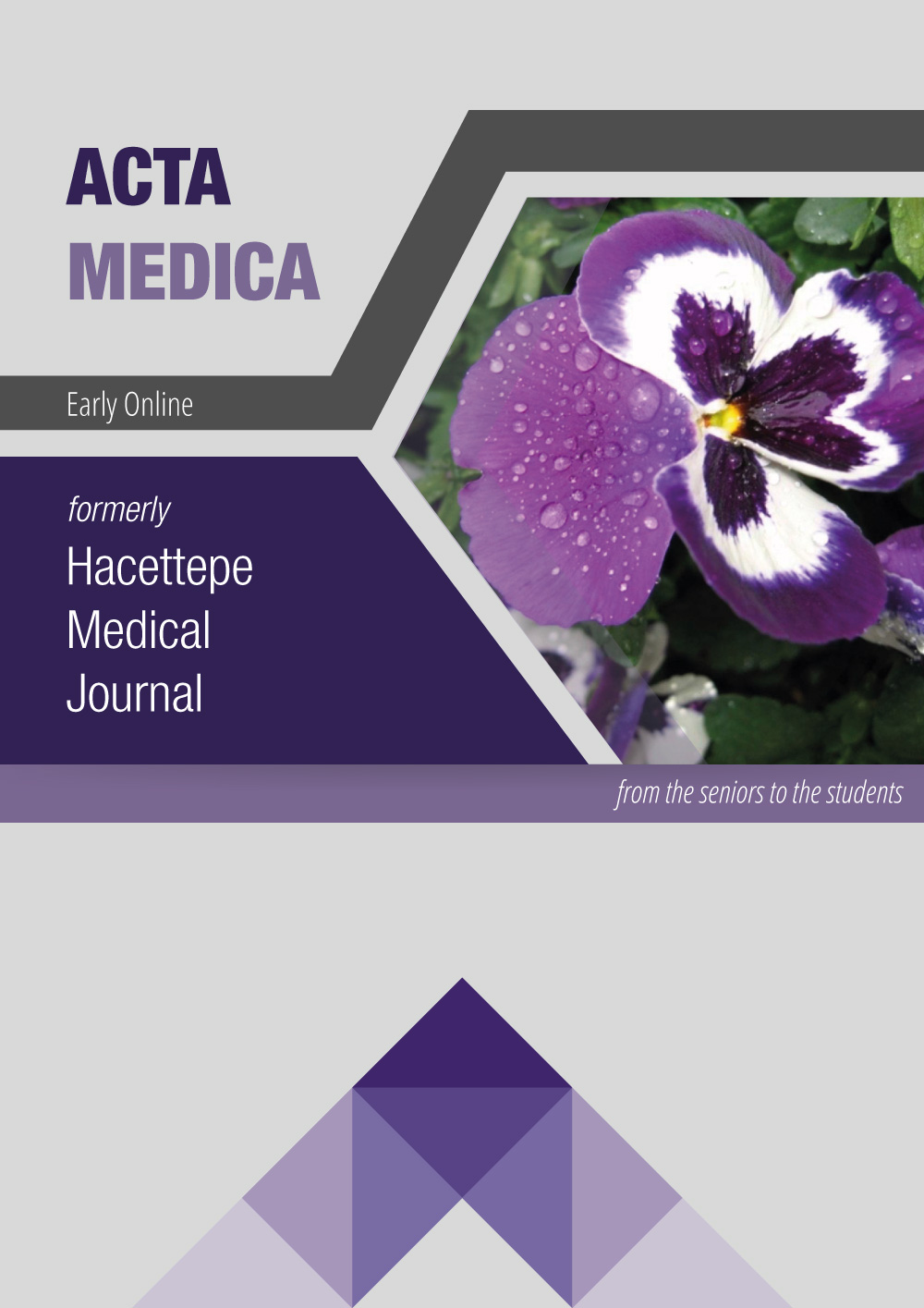A Comparison of Baseline Clinical Characteristics of Autoimmune Gastritis Patients with and without Type-1 Gastric Carcinoid Tumor
DOI:
https://doi.org/10.32552/0.ActaMedica.462Abstract
Objectives : Autoimmune gastritis (AIG) is an antibody-mediated autoimmune disease and characterized by gastric parietal cell loss. Type-1 gastric carcinoid tumor (GCT) is a disease that mostly develops on the basis of AIG. The aim of this study is to determine similarities and differences of baseline clinical parameters between these two disorders.
Methods: Patients diagnosed as AIG both without gastric carcinoid tumor (n:197) and with GCT (n:40) between 2004 and 2015 at Ankara University Faculty of Medicine, Department of Gastroenterology, were included in this analysis. Data of initial signs and symptoms, basal blood count-anemia parameters, laboratory investigations, serum gastrin levels, anti parietal cell antibody (APCA) status, serological helicobacter pylori (Hp) markers and serum chromogranine A (CgA) levels of patients were obtained, and baseline parameters of these disorders were compared
Results: Patient groups were similar in age and gender. Hemoglobin, iron, total iron binding capacity (TIBC), ferritin, vitamin B12 levels, APCA and HpIgG positivity rates and concomitant autoimmune thyroid disease prevalence were also similar. Median gastrin level in AIG+GCT patients was significantly higher compared to the AIG without GCT (807 vs. 1307 pg/ml; p:0.006). ROC analysis revealed that a 1000 pg/ml threshold value for serum gastrin level is able to distinguish these two disorders with 65% sensitivity and 65% specificity rates (area under the curve: 0.65;p:0.006). The serum CgA level did not significantly differ between patient groups.
Conclusion: High serum gastrin but not CgA levels may be useful in deciding which patients should be followed closely in AIG.

